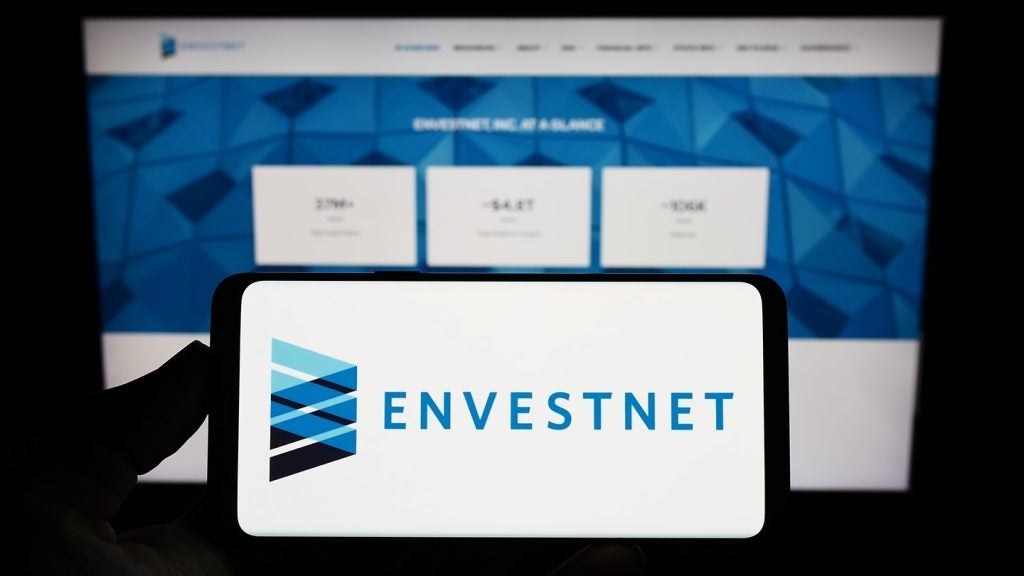Bankers and tax advisers have much in common – but the key message of the moment is the need to work together to rebuild client trust and thereby gain market share.
The two professions share many challenges at present, which are simple to state, but less simple to resolve.
First, regulatory overload: for every new FATCA or equivalent there is an HMRC consultation document.
Second, reputational – clients are concerned about the perceived miss-selling of products (tax or investment), about aggressive strategies and about the lack of transparency (around fees and jargon).
This has meant that both professions stand at the lowest of points. Gone are the days when an adviser’s words were treated with the reverence afforded to those of a priest.
And yet clients still want assurance; they still want to commit their future to the hands of strong and competent advisers.
How well do you really know your competitors?
Access the most comprehensive Company Profiles on the market, powered by GlobalData. Save hours of research. Gain competitive edge.

Thank you!
Your download email will arrive shortly
Not ready to buy yet? Download a free sample
We are confident about the unique quality of our Company Profiles. However, we want you to make the most beneficial decision for your business, so we offer a free sample that you can download by submitting the below form
By GlobalDataThere is a massive opportunity, but it is an opportunity which can only by seized by the bankers, lawyers and accountants working together and supporting (and challenging) each other. One might even go so far as to suggest there is a three point blue print to rebuild our collective brands.
First, challenge each other to avoid jargon, to avoid product push, to avoid com-promising clients. We can support each other. To take one example. If the tax adviser is aware of the investment strategy and how it fits the client’s profile, he can (without giving investment advice) give the client comfort and assurance that this is a considered approach and that the banker has not simply selected an "off the shelf" solution but is aware of the client’s wider tax status, family succession issues etc. Mutual support from professionals helps build the client’s confidence and trust in the advisory environment overall.
Second, to invest time with each other to share ideas, understand each other’s skills so that the professions go to a market as a whole. In my experience, the most powerful client relationships and the most successful pitches are the ones where the bankers/tax advisers knew each other before the client relationship began. Clients want to join a winning team; they don’t want to introduce people to each other. Bankers and tax advisers need to invest time in building a collective brand.
Team players needed
Third, work with the clients as a collective. There is much talk of "family offices" – every client of a certain size has one or thinks he should. The opportunity is for the banker and tax adviser to be so joined up, so client centric, that the client has the feel of a ‘virtual’ family office – everybody working to a common good and a common vision.
In football terms, everybody on the same pitch, knowing their individual role but playing as a team.
There has been much debate about bankers and their morality. There has been much debate about tax advisers and their morality. The two are seldom linked, presumably because it is easier to target them in a negative way individually. But by coming together and focusing on the clients, the opportunity is there for the professions to rebuild their collective brand and to win again client trust.
What does this all mean in practice? The answer is easy: action. We all need to ensure we really know the other advisers to our clients and how to support and work with them for a client’s good. To use a cliché to serve a point: we must spend "quality time together". Pick up a phone to your counterparty in the other profession. Time together will be a major step on the road to client success.
David Kilshaw is chairman of KPMG’s private client group.







